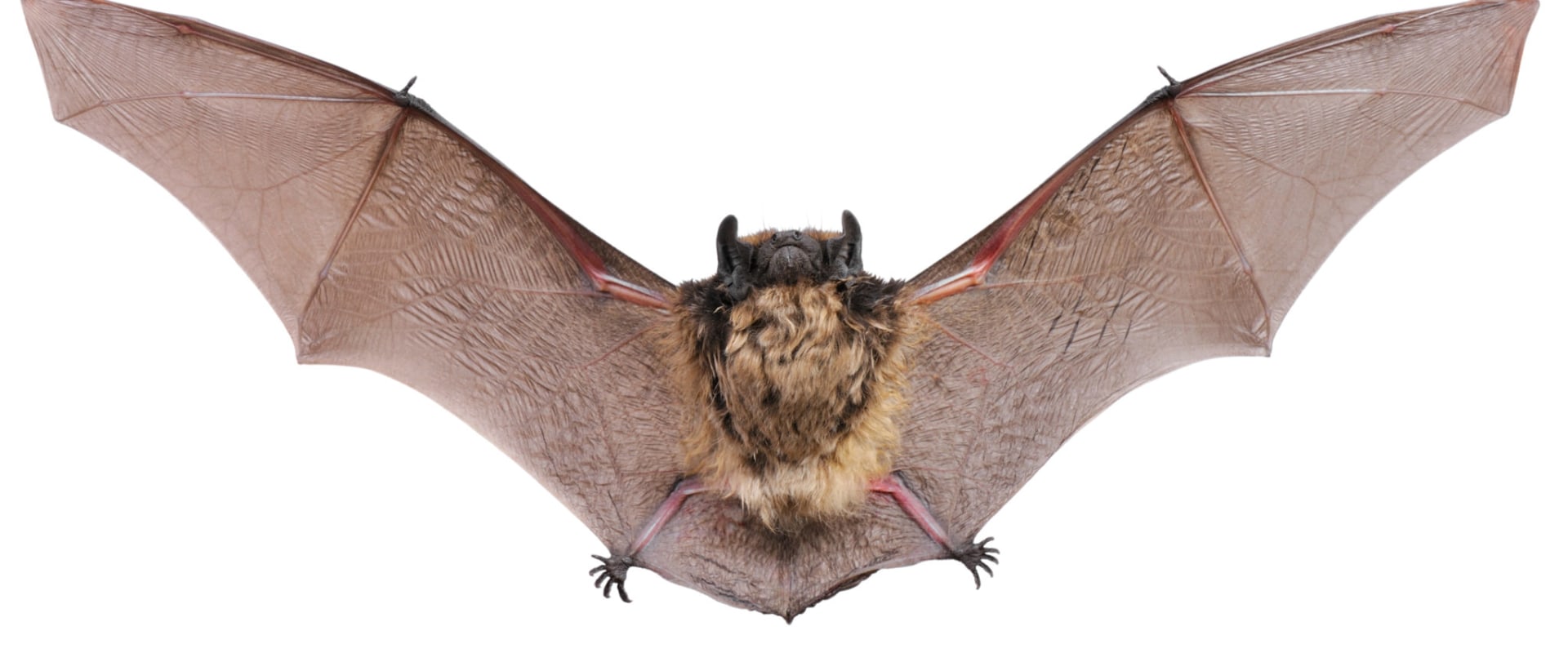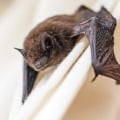If there is no food or water, a bat trapped in a house will die within 24 hours. Even after it's dead, you shouldn't touch or get close to the bat. Without food or water, a bat will die within twenty-four hours, so it's important to contact local wildlife specialists immediately. Bats are the most active at night, between dusk and dawn.
As night approaches, bats begin to increase their activity. They will start flying around their cave and then set off in search of food and water. Bats usually feed for an hour or two, rest for a while, and then feed again before sunrise. If bats have settled on your property and you're trying to locate them, you may be wondering, “What time do bats return to sleep? You'll most likely see bats leaving and returning to their shelters early in the morning and at dusk.
Bats usually spend the day inside a secluded shelter resting, hanging upside down, grooming, sleeping and socializing. Possible places to sleep may include the roof, the attic, or the shed. After that, you should continue to check if it is out and then seal the main one to prevent the bat from re-entering. Be sure to leave the doors and one or more windows open, and the bat will have a good chance of flying out on its own.
However, if there's no chance for a predator to enter, it's hot, the humidity is adequate and you rarely climb there, your attic is the perfect home for a bat at any time of the year. Bats eat a variety of foods, including plants, leaves and insects, and some have a greater appetite and consist of small animals. Once a bat chooses a place to sleep, it will keep coming back, so ask a wildlife professional to check your home for possible entry points. An additional consideration would be to observe bats sleeping outdoors during the day at temperatures below 0°C during the hibernation season (November-April).
Fortunately, bats can't damage home infrastructure as badly as other pests have been found to. Other diseases, such as the rabies transmitted by bats, may remain alive temporarily after the death of their host. Especially during this period of time, a bat found in the ground does not necessarily indicate that it is sick. The metabolic rate slows down in the body after the body temperature drops and the bat falls asleep, and it survives thanks to the body using the fat stores it has accumulated in the months leading up to winter.
If this is the case, a wildlife professional should be consulted and the bat may need to be euthanized. Assuming the bat has sought a shelter that meets the above requirements, it will almost always match the description of your basement, basement, or even attic, meaning it can live in your basement all its life. This period of hibernation, known as lethargy or very deep sleep, allows the bat to stay alive during the winter, even if it isn't actually doing anything.







